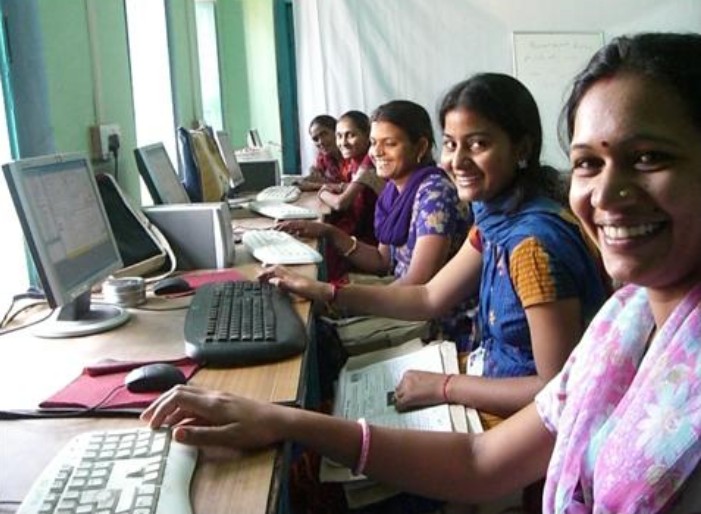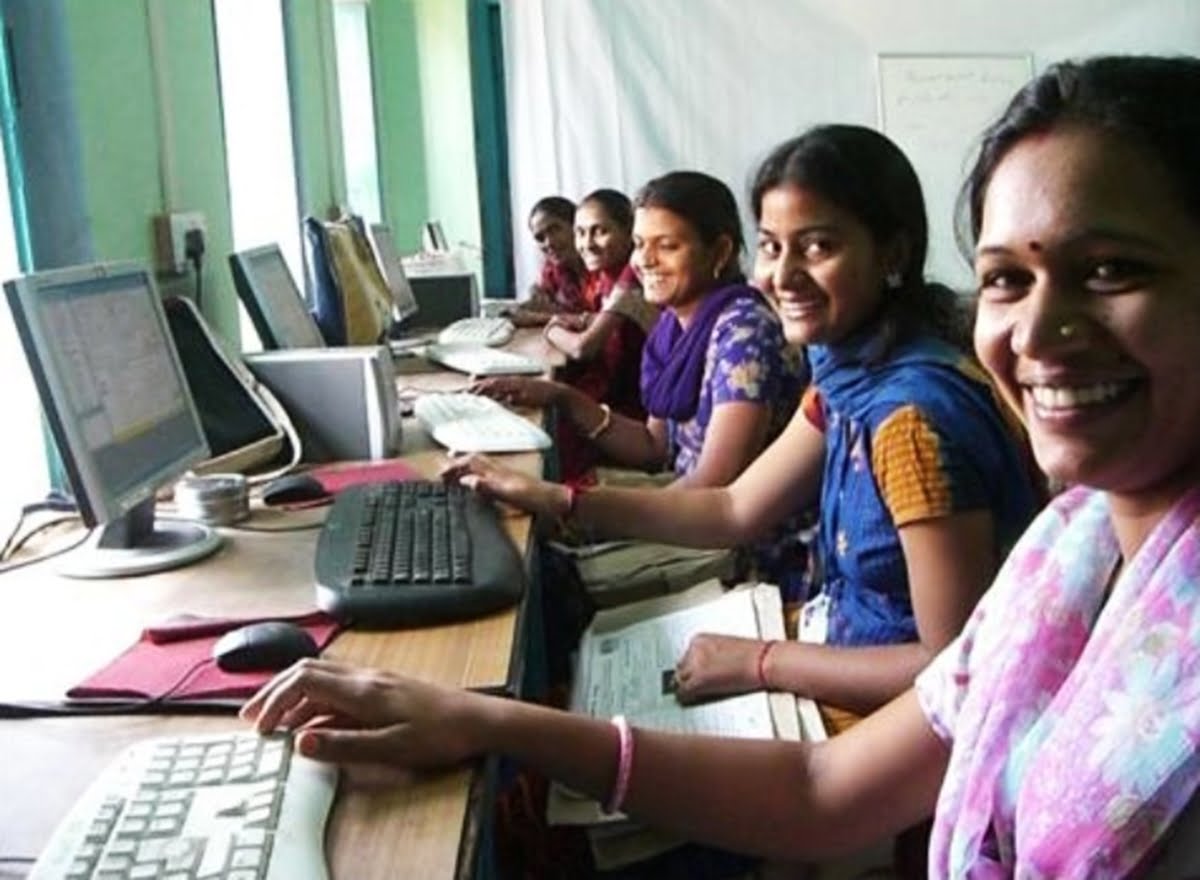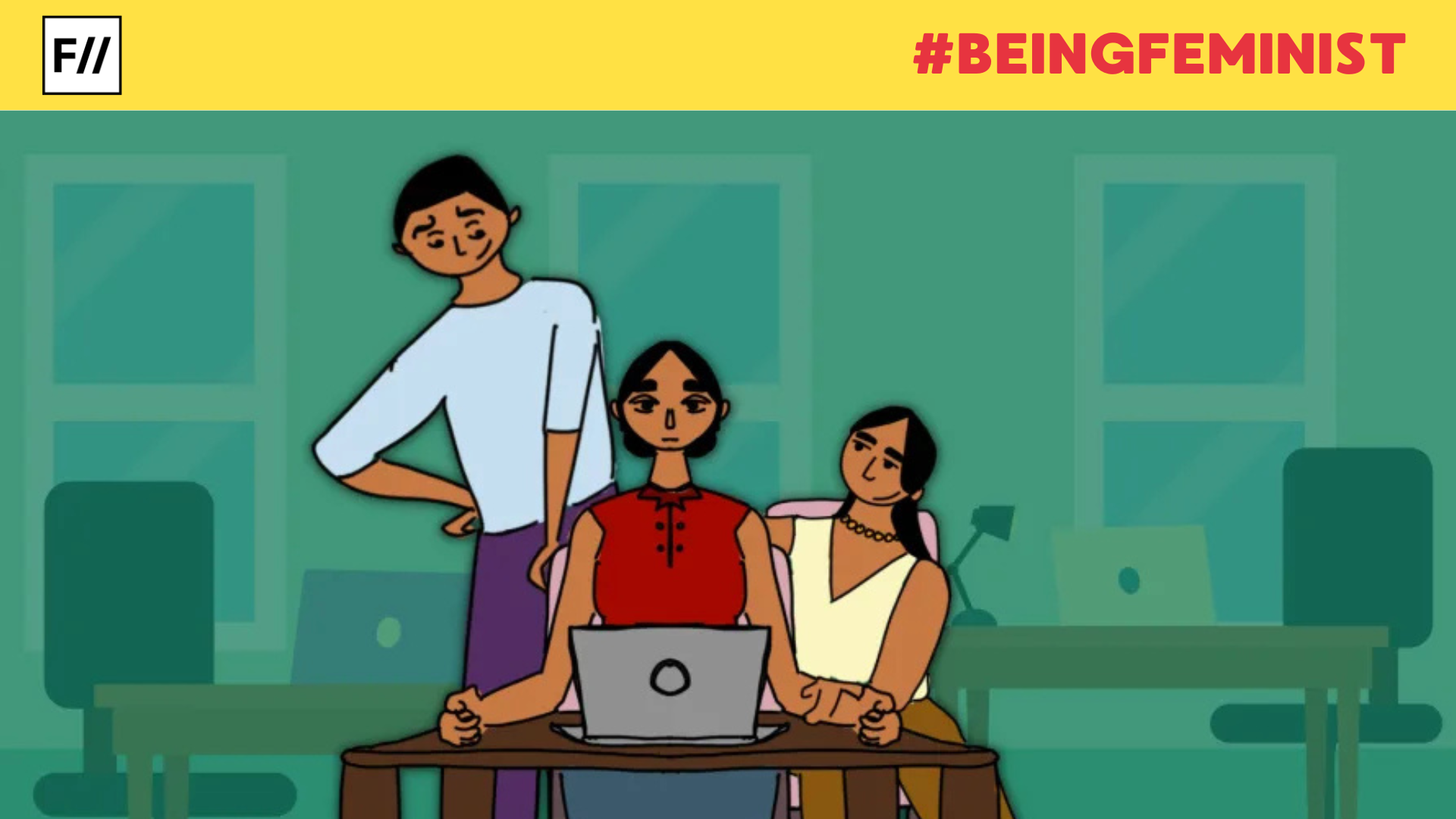The COVID-19 pandemic has taught us one clear, valuable lesson: Women make for exceptionally great leaders. Jacinda Ardern, the prime minister of New Zealand; K. K. Shailaja, the former minister of health and social welfare of Kerala state in India; and Angela Merkel, the chancellor of Germany, have undeniably seen success in managing and controlling the pandemic response in their respective countries. This proficiency in female leadership has received a lot of well-deserved press recently, but it also raises a certain question. Why does this surprise us so much in 2021?
The proficiency of women in leadership especially during the pandemic has received a lot of well-deserved press recently, but why does this surprise us so much in 2021?
Such reactions draw our attention to the ever-present gender gap: the lingering structural and systemic issues that still lead societies to value men more than women, leaving few women in top roles. According to the United Nations, 131 countries have enacted reforms over the last forty years to close the gap, resulting in slow, incremental progress in areas such as workforce participation, economic and political empowerment, and pay equity. For the world’s women, there has been valuable change, slow as it has been.
Also read: Conditioning Society Towards Upholding Trans/Queer/Cis Women Leaders
Unfortunately, some of that progress was reversed by the pandemic, causing what some have called a “shecession.” According to the World Economic Forum’s (WEF’s) Global Gender Gap Report 2021, the result is that the progress made by most countries to close the gender gap has been reversed by several years, and this stunted growth will not be easily remedied. The now-exaggerated gender gap has affected women’s participation in all levels of the workforce, making it more difficult than ever to promote the advancement of women into leadership positions.
The Pandemic Left Women in the Workplace Doubly Disadvantaged
The Global Gender Gap Report found a dual impact upon women during the pandemic. Not only were the sectors women most commonly work in hit harder by COVID-19 closures, but with school and childcare centre closures, women were called upon to put their careers on hold more often than men. Forced to resume their traditionally held positions as child-carers and homemakers, many of these women will not easily regain the career momentum they have lost. The effect of this reduction of opportunities in favour of men has been keenly felt.

While this hindrance to the empowerment of women in the workforce might seem temporary and slight, any interruption in the progress toward closing the gap should be taken seriously. According to the WEF, while 95% of the gender gap has been closed worldwide as regards education, it has closed only 58% in terms of economic participation and opportunity, and it will take an estimated 267.6 years to close. Even in 2021, women occupy only 27% of leadership positions (qualified as manager-level positions and above) even though the number of skilled women professionals has increased in recent years. To change this trend without waiting another two-and-a-half centuries will clearly take a much more concerted effort to promote women in the workplace. Such efforts would greatly benefit businesses economically, as studies have proven.
In India, the Gender Gap Has Widened Dramatically
Home to 0.65 billion women, India’s gender gap has widened from almost 66.8% one year ago to 62.5% this year, meaning that women have only 62.5% of the advantage men have. The WEF reports India’s gender parity rating as 140th out of 156 evaluated countries, having fallen 28 places in a single year. Wage equality is a great concern, with women earning about 63% of what men earn for similar work (compare that to 82% in the United States). Female representation among senior roles is even lower than the global average at 14.9%, illustrating just how far India needs to go to create a culture in which men and women have equal opportunity.
Also read: Social Exclusion In Indian News Media: Why Are Leadership Positions Limited To Savarna Cis-Men
Where Can Change Begin?
To overcome systemic discrimination, women need and deserve strategic support. For example, a report by PwC states that after returning to the workplace, 48% of new mothers felt they had been passed over for novel projects and promotions. While systemic improvements such as government support for reliable and resilient childcare programs would go a long way to enabling the advancement of women, companies can also affect change by creating strategies to include women and overcome barriers to advancement within their own cultures.
Companies can lead the way forward by educating their teams on the subtleties of discrimination, positioning women leaders as brand representatives, creating mentorship programs for young women, and creating safe spaces within the workplace to voice concerns. Alongside those changes should be practical considerations like paid family leave and flexible work arrangements.

One Indian study points to micro businesses as another important step towards women’s empowerment, especially in rural areas. These enterprises allow women entry to entrepreneurship and equip them to be independent and self-reliant. The study recommends that government and non-government organisations should come forward with more programmes exclusively for young women to promote the value of elevating oneself in the workforce.
Awareness Can Get Gender Equality In Leadership Back on Track
With the conscious participation of businesses and the widespread support of our society at large, we would not have to wait two centuries for these changes to become a reality. The efforts outlined here will help empower women and give them confidence at the workplace. As Michelle Obama rightly said, “There is no limit to what we, as women, can accomplish.” Companies must take concrete steps to tap into the full potential of their women employees and affirmatively ensure women, especially those from historically socio-economically marginalised communities of caste, religion and class, are provided with opportunities. Only when these plans are implemented will we see more and more women in positions of real leadership.
Rachita Sharma is a technology entrepreneur, financial literacy advocate and gender rights activist. Rachita is the CEO of Girl Power Talk, a purpose driven organization empowering today’s most capable youth with the confidence, knowledge and opportunity to become tomorrow’s global leaders. In 2020, she was awarded the ‘Most Promising Woman in IT‘ Award by ANWA and Indian Achiever’s Award for ‘Young Entrepreneur’ in recognition of inspiring social contributions. She was also recently recognized as ‘100 Inspirational Women of 2021’. She can be found on Instagram. Girl Power Talk can be found on Instagram and Twitter.
Featured image source: Youth Ki Awaaz




